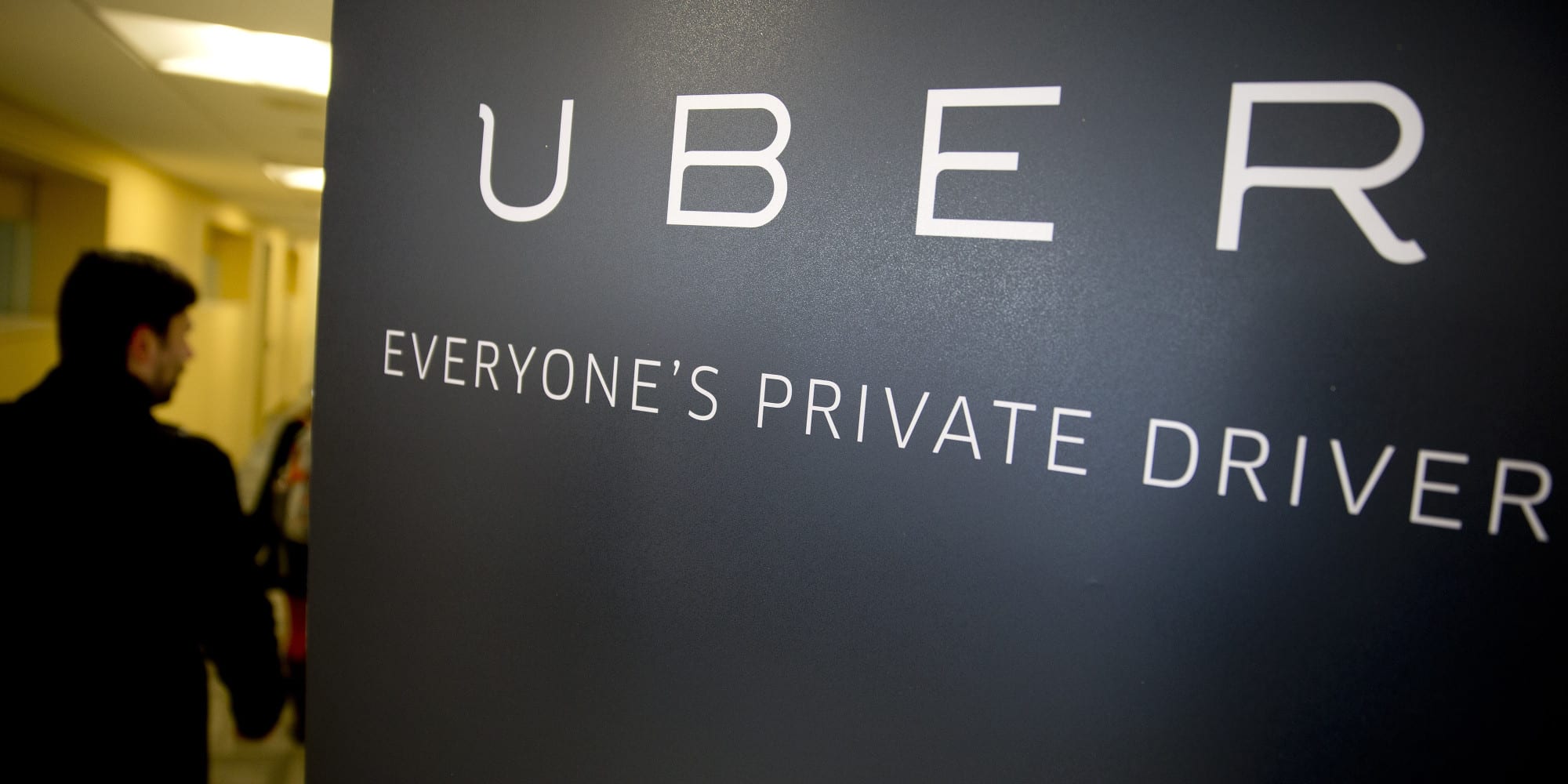APRIL 18, 2015, 3:27 PM LAST UPDATED: SATURDAY, APRIL 18, 2015, 3:27 PM
ASSOCIATED PRESS
TRENTON, N.J. (AP) — Ride-hailing companies like Uber and Lyft could be driven out of New Jersey if a bill lawmakers are considering becomes law.
That’s at least what the transportation network companies faced with potential new regulations say. Lawmakers, unionized taxicab drivers and other supporters of the legislation argue the bill promotes public safety.
Lawmakers across the country are beginning to turn their attention to regulating ride-hailing firms. Already eight states and the District of Columbia have enacted laws addressing them, according to a tally from the Property Casualty Insurers Association of America, a trade group that supports the bill in New Jersey. Four other states await action on measures from their governors.
In New Jersey, legislators are beginning to focus on Gov. Chris Christie’s 2016 budget, so a bipartisan measure regulating the ride-hailing companies is stalled at the moment after passing an Assembly committee in March — though lawmakers and other observers are optimistic it will continue to weave its way through the Legislature.
A similar bill in the state Senate is awaiting committee action. Christie typically does not comment on bills before they reach his desk.
The legislation calls for a number of new requirements, including requiring ride-hailing firms to display a Motor Vehicle Commission marker when drivers are searching for fares, background checks for drivers as well as safety inspections for vehicles.
Proponents argue the measure protects riders from public safety concerns by requiring criminal background checks through the State Police. They also say the bill would “level the playing field” between ride-hailing firms, which frequently charge lower rates, and taxis, which are already heavily regulated.
Lionel Leach, the president of Communication Workers of America Local 1039, which represents about 300 cab drivers in New Jersey, pointed to a recent news report that alleged a rider nearly became the robbery victim of a driver. New Jersey does not track crime statistics by cab, livery or ride-hailing services, making claims difficult to vet.
Leach says companies like Uber have given taxicab drivers a wakeup call by innovating and that ride-booking companies improve the industry overall. “Look, at the end of the day, it’s great technology,” he said. “But my concern is not about how cheap their fares are. It’s the public safety part of it.”
The companies say they’re dedicated to safety. Uber announced plans last month to establish a safety advisory board to review the firm’s practices.
Uber and Lyft have also taken steps to expand insurance coverage, a major sticking point in the regulations debate.
https://www.northjersey.com/news/new-jersey-grapples-with-how-whether-to-regulate-uber-lyft-1.1312059





